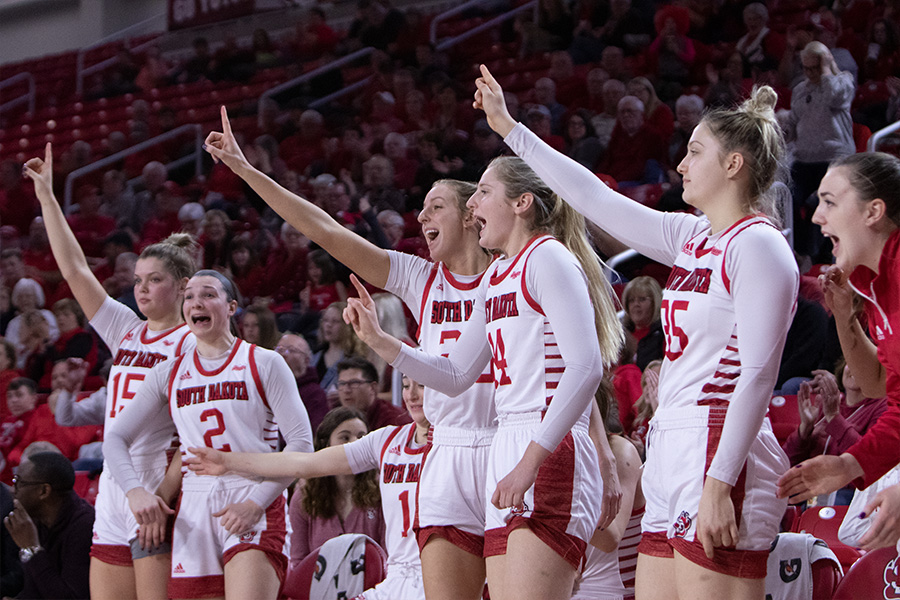South Dakota Proposes Plan To Expand Medicaid
PIERRE, S.D. (AP) — South Dakota may join 30 other states in expanding its Medicaid program if federal officials approve a plan Gov. Dennis Daugaard is set to outline to the nation’s top health and human services administrator in Washington on Tuesday.
The Republican governor is meeting with Health and Human Services Secretary Sylvia Burwell to explain the plan, and the federal government has so far been more open to discussions than in the past, said Tony Venhuizen, chief of staff to Daugaard. The proposal, which is in its early stages, would make about 48,500 South Dakota residents newly eligible for the program.
It’s expected to cost the state between $30 and $33 million starting in 2020, which would be offset by federal funding, said Kim Malsam-Rysdon, a senior adviser to the governor.
Some Republican governors around the country have steadfastly resisted expanding Medicaid, in part because of opposition to the federal health overhaul.
Daugaard has said that he’s open to expanding the program but said he’s concerned how much funding an expansion would require. The federal government in 2014 rejected a plan from the state to partially expand Medicaid, a federal-state health care program for low-income and disabled people.
“The governor has never said never to expansion,” Venhuizen told The Associated Press. “It’s always been a matter of keeping an eye on the state costs and finding a plan that works for South Dakota…”
The proposal pays for the state’s share of the expansion in part by expanding access to services that are fully funded by the federal government, with the goal of freeing up enough state funding to pay for the addition of more residents to the Medicaid program.
Officials are focusing on people who are eligible for Medicaid but can get services through the Indian Health Service. The goal is make services through the Indian Health Service more accessible so that people don’t have to go an outside health care provider, which can happen if the IHS is unable to offer a specific service.
Those services at the IHS are fully funded by the federal government through Medicaid rather than through the typical split in financing between the state and the federal government. Venhuizen stressed that the money would come from Medicaid, and wouldn’t drain the IHS budget.
Venhuizen said the administration also wants to improve access to care on the state’s reservations.
The state is also asking for a change in the classification of some services to have them fully paid for by the federal government.
Jeff Sandene, interim president of the Sanford Health Plan, said the expansion would help more South Dakota residents get access to care and preventative services, which would help bring down costs over the long term.
State Senate Democratic leader Billie Sutton called expanding Medicaid “a huge step” if the federal government agrees to the proposal.
Venhuizen said work on the plan is still in the early stages and would require collaboration with the tribes, the Indian Health Service and others. He said Tuesday’s meeting will help signal whether the federal government is open to the proposal.
“We want to let the secretary know that the governor is interested in having this discussion and exploring this option, and have her hear that from him personally,” Venhuizen said.


